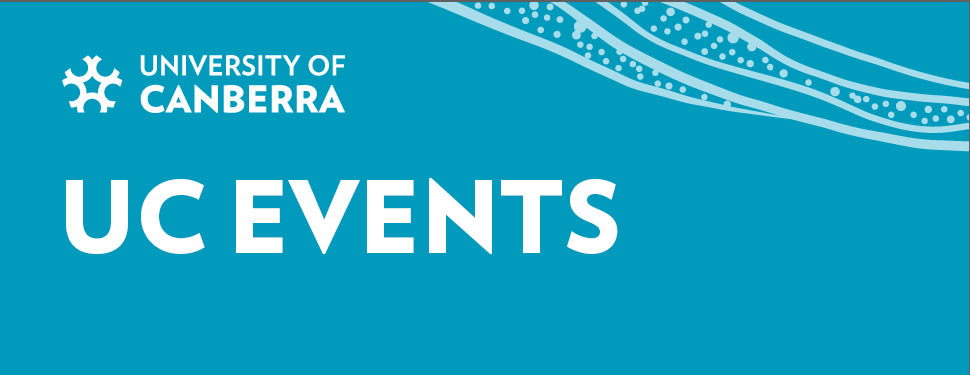

Dates and Times
Event for
Location
Organiser
Speakers
Enquiry
BGL Faculty Seminar: Unconscious bias in the APS – implications for Indigenous employment
Unconscious bias in the Australian Public Service is affecting the workplace experience of Indigenous employees. Indigenous employees in the APS remain over-represented in lower APS classifications and under-represented in executive and senior executive levels. On average Indigenous employees have considerably shorter careers in the APS compared to non-Indigenous employees, whose career length in the APS remains relatively constant (APSC, 2021i). Other indicators of workforce participation, engagement, and separation rates indicate Indigenous employees do not share the same level of employment equity when compared to non-Indigenous employees. The impact of unconscious bias prevents Indigenous employees’ from enjoying a workplace experience equal to that of non-Indigenous APS employees. Literature suggests barriers to Indigenous employment because of bias include; stereotyping, discrimination, prejudices, and racism (Bargallie, 2020; Faulkner & Lahn, 2019; Larkin, 2014). The results translate into limited career advancement and promotion opportunities, making higher classifications less appealing and pigeonholing Indigenous employees into specific Indigenous roles.
My thesis aimed to investigate how unconscious bias manifests in APS in the everyday working relationship between employees and managers. A grounded theory constructionist approach guided a mixed methods research methodology to understand how unconscious bias affects the workplace experience of Indigenous employees in the APS. The following three research questions formed the focus of the research:
- Does unconscious bias exist in the APS, and if so, how is it experienced in the Australian Public Service?
- To what extent is cultural competence supporting an inclusive Australian Public Service workplace?
- To what extent is the experience of Aboriginal and Torres Strait Islander employees congruent with the expectations required of APS employment?
The result of the study from both quantitative and qualitative research components discerned three high-level priority response recommendations to assist the APS in repositioning APS Indigenous employment policy and practice:
- Priority response 1: Restructure cultural competence in the APS is fundamental for future Indigenous employment.
- Priority response 2: Empowering Indigenous employee voice for greater workplace participation and inclusion.
- Priority response 3: Developing an Integrated training program to address unconscious bias that combines a mixture of behavioural, cultural and structural strategies and measures to embed change into the DNA of the APS.
Additional Information
Dr Craig Leon is a proud Worimi man of Foster NSW having lived and worked in many remote First Nations communities throughout Queensland prior to joining the APS. Craig is currently Director, APS First Nations Employment Reform with the National Indigenous Australians Agency, having joined NIAA from the Department of Human Services on completion of his PhD studies. Craig has extensive experience in the APS across policy, program administration and human resources in central, state, regional and local government roles. Craig has purposely remained in Indigenous Affairs throughout his career (over 20 years) remaining committed to improving life outcomes with First Nations peoples.
Craig’s combined his professional experience, qualifications in strategic HR, and interest in cultural proficiency in his PhD research. Craig’s research used a mixed methods approach to investigate where unconscious bias impacts practice in Aboriginal and Torres Strait Islander employment in the Australian Public Service. With his research, Craig aimed to turn the organisational focus inward by investigating how Australian Government bureaucracy functions from a culturally proficient perspective.


